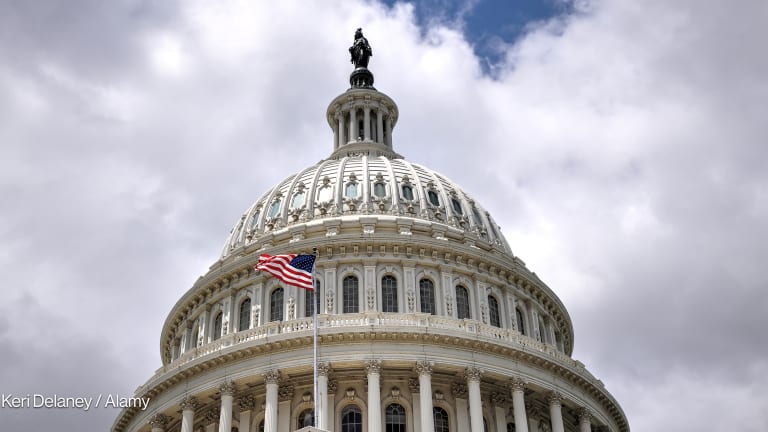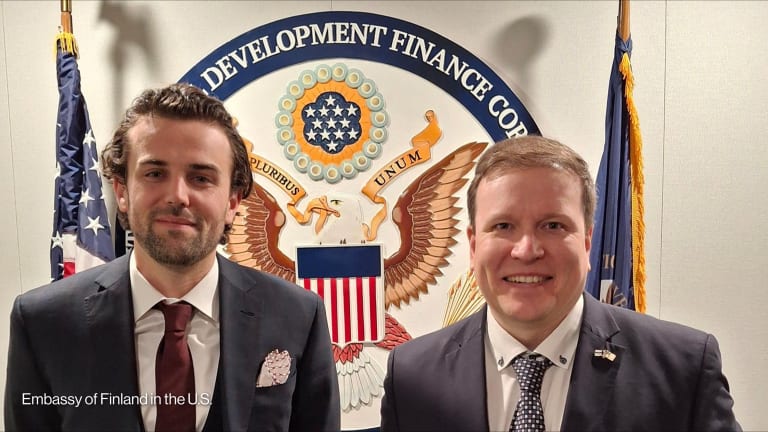In its exit memo to the White House, the Overseas Private Investment Corp., which some expect to face a potentially difficult reauthorization process under incoming President Donald Trump, outlined its successes and made the case for why the U.S. government’s development finance agency is a critical part of its development and foreign policy approach.
The memo, penned by President and CEO Elizabeth Littlefield, called out some of the limitations holding back the agency, including a need for more funding, more flexibility and more tools, including the ability to make equity investments, an issue Devex has explored in the past.
OPIC has a $21.5 billion portfolio of loans and guarantees in about 100 developing countries, an increase of about 160 percent from 2009. The agency operates at no cost to taxpayers and has generated about $2.3 billion for the federal government in the past six years.
Search for articles
Most Read
- 1
- 2
- 3
- 4
- 5








